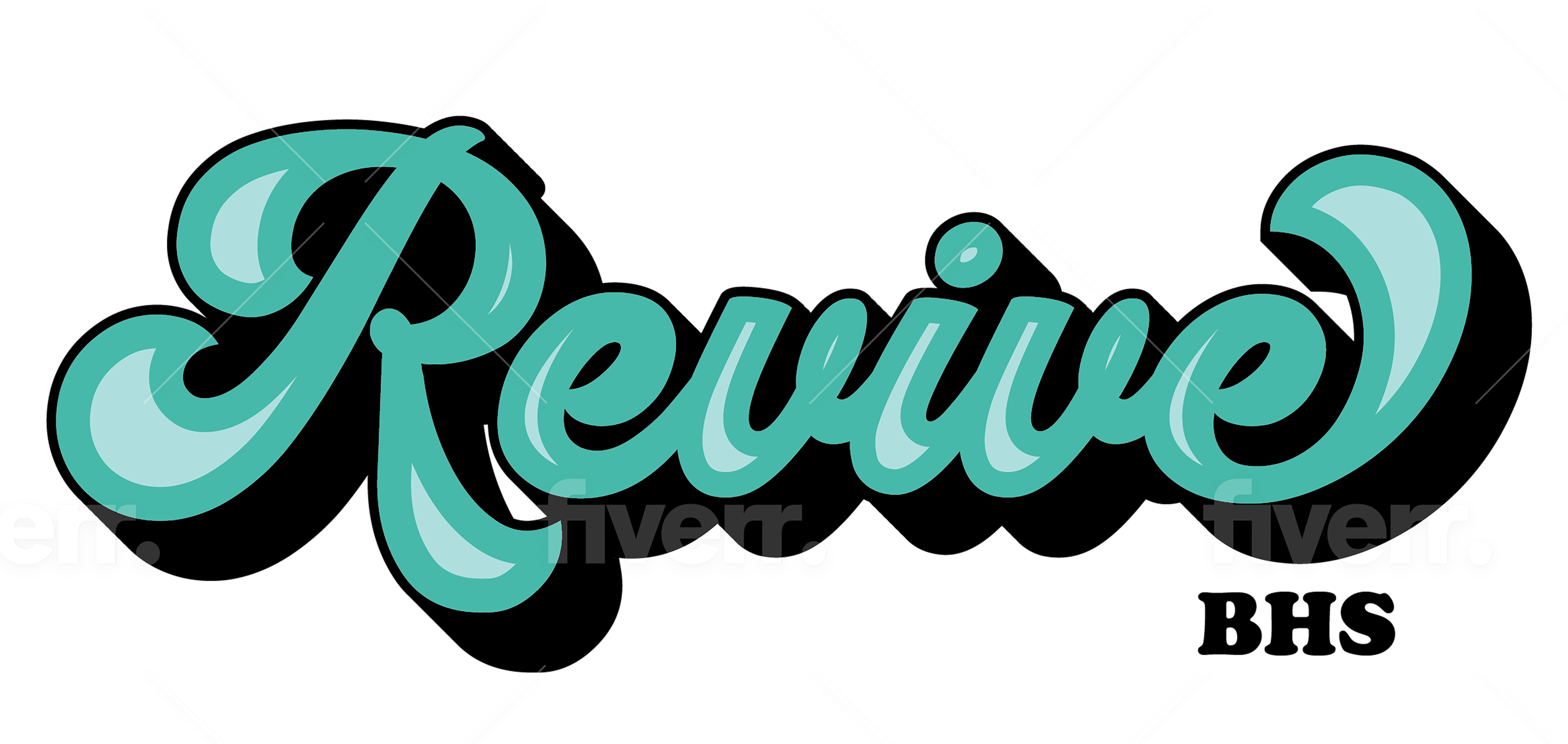Introduction to Behavioral Health Medicaid Billing in Maryland
Billing for behavioral health services through Maryland Medicaid requires understanding regulations, codes, and administrative processes. Behavioral health includes both substance abuse billing and mental health billing. With the upcoming switch from Optum to Carelon as Maryland’s Administrative Services Organization (ASO) in 2025, staying informed is essential for smooth operations. This guide provides actionable steps for behavioral health Medicaid billing in Maryland, from credentialing to prior authorizations.
What Services Does Maryland Medicaid Cover for Behavioral Health?
Maryland Medicaid provides comprehensive behavioral health coverage, including:
- Outpatient Mental Health Clinic (OMHC) services, such as therapy and medication management.
- Psychiatric Rehabilitation Program (PRP) services for skill-building and community support.
- Substance Use Disorder (SUD) Treatment, including intensive outpatient programs (IOP), partial hospitalization programs (PHP), and Medication-Assisted Treatment (MAT).
- Residential Treatment for Substance Use Disorder, including ASAM levels 3.7, 3.5 and 3.1.
- Crisis Services, like mobile crisis response and stabilization units.
These services are managed by Maryland’s ASO, currently Optum (transitioning to Carelon in January 2025). Substance abuse billing and mental health billing include these different services under behavioral healthcare.
Essential Medicaid Billing Codes for Behavioral Health
Accurate coding is key to ensuring payment and avoiding denials. Commonly used codes include:
- 90791: Psychiatric evaluation.
- 90834: Individual psychotherapy (45 minutes).
- H0002: Rehabilitation assessment.
- H2018: PRP services, monthly.
- H0001: Substance use assessment and screening.
- H0004: Individual outpatient services (SUD).
- H0005: Group outpatient services (SUD).
- H0015: Intensive outpatient services (per diem).
- H0035: Partial hospitalization program (per diem).
These codes must be billed through the ASO, which oversees Medicaid behavioral health claims for Maryland.
Credentialing with Maryland Medicaid
Providers offering behavioral health services must be credentialed with the state’s Administrative Services Organization (ASO). Credentialing ensures that your practice can provide and bill for Medicaid services.
- ePREP Enrollment:
- Maryland uses the ePREP system (Electronic Provider Revalidation and Enrollment Portal) for all Medicaid credentialing.
- Ensure your practice is registered and up-to-date with licenses, certifications, and insurance details.
- Required Documentation:
- NPI number (National Provider Identifier)
- Proof of professional licensure for all providers
- Business registration details
- Specific addendums for provider type, can be found here.
- Credentialing with Managed Care Organizations (MCOs):
- Behavioral health billing and credentialing for Maryland Medicaid goes through the ASO, which is currently Optum. Starting January 1, 2025 the ASO contract will be through Carelon.
- This streamlined approach eliminates the need to credential individually with Medicaid MCOs, as all behavioral health billing in Maryland flows through the ASO.
Prior Authorizations for Behavioral Health Services
Certain behavioral health services or substance abuse billing ad mental health billing require prior authorization to ensure they meet medical necessity criteria:
- Services Commonly Requiring Authorization:
- Partial hospitalization programs (PHP).
- Intensive outpatient programs (IOP).
- Outpatient mental health (OMHC).
- Residential treatment programs.
- PRP services.
- How to Obtain Prior Authorization:
- Use the ASO portal to submit detailed requests. Currently this is done through Incedo.
- Include clinical documentation, such as treatment plans and medical necessity justifications.
- Monitor the status of requests through the ASO portal to avoid delays.
- Submit all requests timely as authorizations are only able to be backdated up to 20 days.
With the ASO transition to Carelon, understanding their specific prior authorization process will be critical for uninterrupted billing.
Tips for Clean Claims Submission
Submitting clean claims ensures faster payment and fewer denials. Follow these best practices:
- Verify Eligibility: Use the ASO portal to confirm client Medicaid eligibility before every visit.
- Double-Check Codes: Ensure accurate use of CPT/HCPCS codes and any required modifiers. Utilize the Optum fee schedules to ensure the service amounts are accurate.
- Submit on Time: Claims must be submitted within Maryland Medicaid’s 12-month timeframe.
- Maintain Thorough Documentation: Ensure clinical notes support the services billed, including time spent, goals, and outcomes.
- Confirm prior authorization: Claims will be denied if a prior authorization was not submitted prior to services starting.
Overcoming Common Challenges
Behavioral health Medicaid billing in Maryland can be complex. Here’s how to address common issues:
- Denials Due to Documentation: Conduct regular staff training and internal audits to ensure claims are fully supported.
- ASO Transition Confusion: Prepare for the switch from Optum to Carelon by updating credentials and familiarizing staff with the new processes.
- Underpayment or Rejected Claims: Use denial management tools to track rejections and correct errors quickly.
- Authorization Tracking: Many programs struggle keeping up with authorizations which in turn hurts their billing. Keep a spreadsheet of all prior authorizations to ensure they’re being done timely before submitting claims.
Why Partner with Revive Behavioral Health Solutions?
At Revive BHS, we specialize in:
- Behavioral Health Medicaid Billing in Maryland.
- Substance abuse billing and mental health billing.
- Credentialing with the ASO (Optum and Carelon).
- Streamlining prior authorizations.
- Managing claims and denials to maximize your reimbursements.
Our team ensures that your Medicaid billing runs smoothly, so you can focus on patient care.
Conclusion
Behavioral health Medicaid billing in Maryland requires precision and preparation, especially with the upcoming transition to Carelon. By understanding key processes like credentialing, prior authorizations, and clean claim submission, providers can ensure timely payments and uninterrupted services. Reach out to our team today to learn how we can help!
